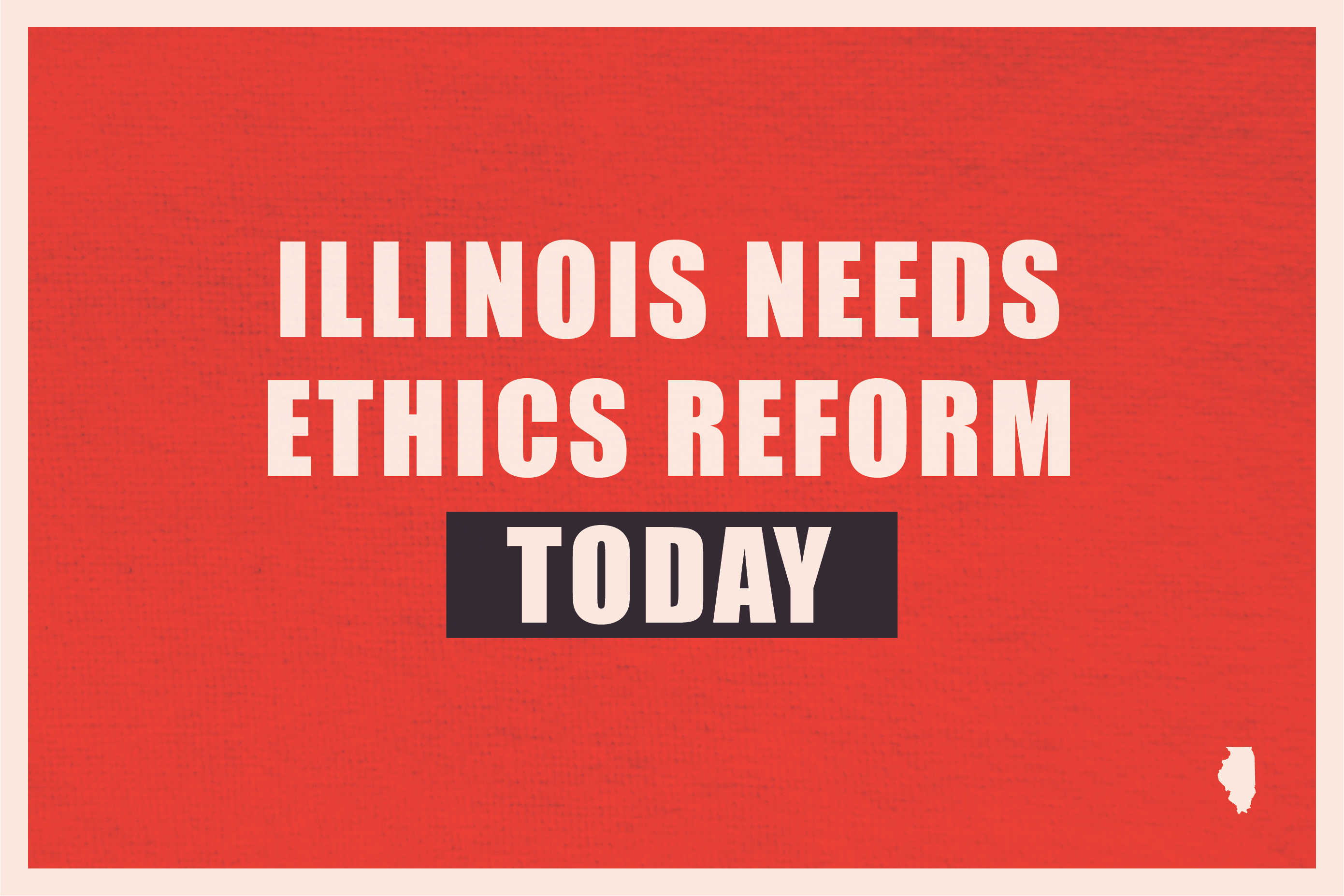“Corruption is running rampant in Illinois government,” said Rep. Meier. “The FBI is currently investigating specific state lawmakers, lobbyists and elected officials in Chicago. It’s time for the legislature to pass stricter ethics reforms immediately. There should be no excuses, the Democrats control the majority in the legislature and they have yet to pass any ethics reforms. I have co-sponsored seven bills to stop corruption in our state, it’s time for the Democrat majority to join my Republican colleagues and I by allowing these bills to be voted on in the legislature.”
Here are the following seven reform bills I co-sponsored to stop corruption:
- House Bill 3954 requires statement of economic interests to include more details similar to the information required for judicial statement of economic interest forms. This forces full disclosure of potential conflicts of interest and provides greater transparency for members of the General Assembly.
- House Bill 3955 will create mandatory and publicly available documentation of General Assembly communications with any state agency regarding contracts.
- House Bill 3947 would ban members of the General Assembly, their spouses, and immediate live-in family members from performing paid lobbying work with local government units. Currently, members of the Illinois General Assembly – state representatives and state senators – are prohibited from lobbying the State of Illinois, but are not prohibited from lobbying local government units, such as a counties or municipalities.
- House Bill 361 dramatically increases the fines legislators face for engaging in numerous restricted activities and for violations of legislator rules of conduct.
- HJRCA 36 will require a special election to fill General Assembly vacancies through the same laws governing our party primaries. This will prevent political powerbrokers from picking their preferred candidates for the vacancies.
- House Joint Resolution 87 would create the State Ethics Task Force, consisting of nine members: a member of the Governor’s staff or the Lt. Governor, along with two legislative members appointed by each of the four caucus leaders. Once formed, the task force must accomplish its work in ninety days, with findings and a final report recommending legislative changes then to be submitted to the Governor and General Assembly for action.
- House Resolution 588 will allow a Chief Co-Sponsor of any bill with five co-sponsors from each party to call it for an up or down vote in a substantive committee.
